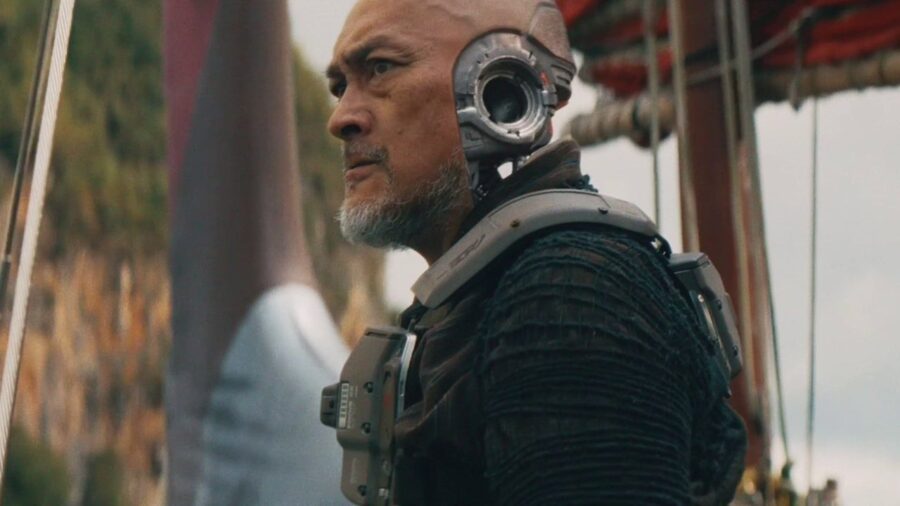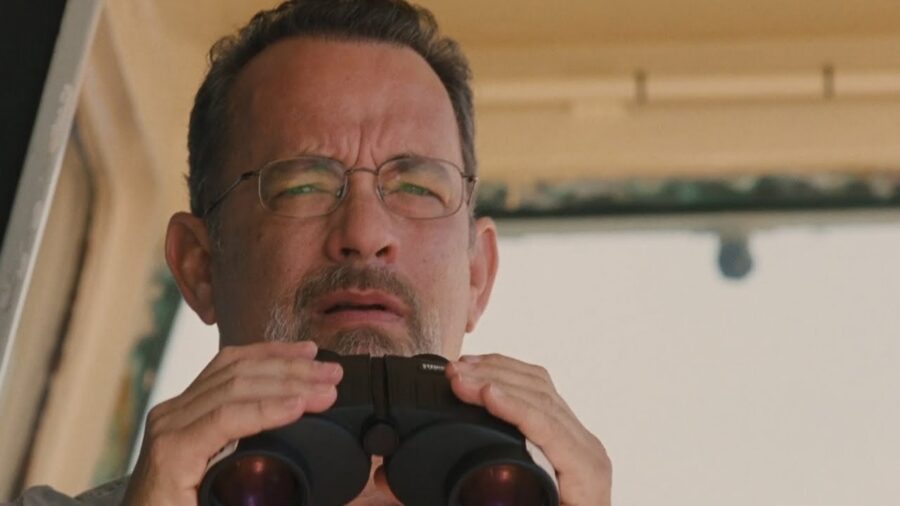Government Steps In To Censor Hollywood AI

As artificial intelligence advances, concerns about the unauthorized use of celebrity likenesses prompted Congress to take action. The result is the No Fakes Act, also known as the Nurture Originals, Foster Art, and Keep Entertainment Safe Act, which aims to protect the intellectual property of Hollywood celebrities and prevent the misuse of their voices and likenesses in AI-generated content.
“A performer’s voice and their appearance are all part of their unique essence, and it’s not ok when those are used without their permission. Consent is key.”
Fran Drescher, SAG-AFTRA President on AI
Spearheaded by Senators Chris Coons, Marsha Blackburn, Amy Klobuchar, and Thor Tillis, the No Fakes Act seeks to strike a balance between defending individual rights, upholding the First Amendment, and fostering AI innovation and creativity. This landmark legislation is a crucial step in regulating Hollywood’s use of generative AI.
SAG-AFTRA has thrown its full support behind the No Fakes Act, with its President, Fran Drescher, emphasizing the importance of consent when it comes to Hollywood using AI. “A performer’s voice and their appearance are all part of their unique essence,” she said in a statement via ComicBook. “And it’s not ok when those are used without their permission. Consent is key.”
Chief Negotiator Duncan Crabtree-Ireland shared sentiment, decrying the explosion of Hollywood-related AI content that has flooded the internet. This includes AI-created songs, videos, and recordings, which exploit the voices and likenesses of performers without their consent or compensation. “It is outrageous to think someone can undermine that value with a few prompts and clicks on a keyboard,” he said.

The rise of AI-generated deepfake content has been a growing concern recently. What began as an incredible VFX technique has become a widespread issue with the accessibility of AI-assisted technology and online tutorials. Hollywood legend Tom Hanks found himself unwittingly embroiled in a scam for a dental service, as an AI-generated version of his face was used to promote the scheme.
“I can tell you that there [are] discussions going on in all of the guilds, all of the agencies, and all of the legal firms in order to come up with the legal ramifications of my face and my voice and everybody else’s being our intellectual property”
Tom Hanks on AI in Hollywood
The actor took to social media to warn his fans and distance himself from the fake promotion. Tom Hanks, an outspoken Hollywood critic of the unchecked use of deepfake technology, recognized the potential for AI-generated creations to spiral out of control. His talent agency, CAA, has been working with a company called Metaphysic to establish guidelines for the responsible use of AI.
Metaphysic has also enlisted the support of actors Annie Hathaway and Octavia Spencer in navigating the complex legal terrain surrounding AI-generated content. During an appearance on The Adam Buxton Podcast, Hanks discussed a future in which Hollywood actors could continue to perform long after their death, thanks to AI technology.
Hanks also highlighted that anyone can recreate themselves at any age using AI, potentially paving the way for an actor’s digital persona to continue indefinitely. “Outside of the understanding that it’s been done by AI or deep fake, there’ll be nothing to tell you that it’s not me and me alone, and it’s going to have some degree of lifelike quality,” he said about Hollywood using AI.
Hollywood’s usage of AI is only one of the issues SAG-AFTRA wants to be resolved by the end of the strike.
“I can tell you that there [are] discussions going on in all of the guilds, all of the agencies, and all of the legal firms in order to come up with the legal ramifications of my face and my voice and everybody else’s being our intellectual property,” Hanks continued about the dangers of Hollywood AI if left unregulated for much longer.
Meanwhile, the SAG-AFTRA strike is expected to continue as negotiations with the Alliance of Motion Picture and Television Producers broke down on October 12. The strike, which began in July, sees actors seeking a deal that mirrors many of the issues already addressed in agreements reached with the Director’s Guild of America and the Writers Guild of America.
Key concerns for the striking members of SAG-AFTRA revolve around royalty and residual payments, which have sharply declined over the past decade. Additionally, they are apprehensive about Hollywood studios’ increased reliance on AI to cut labor costs, which threatens job security in the industry.












